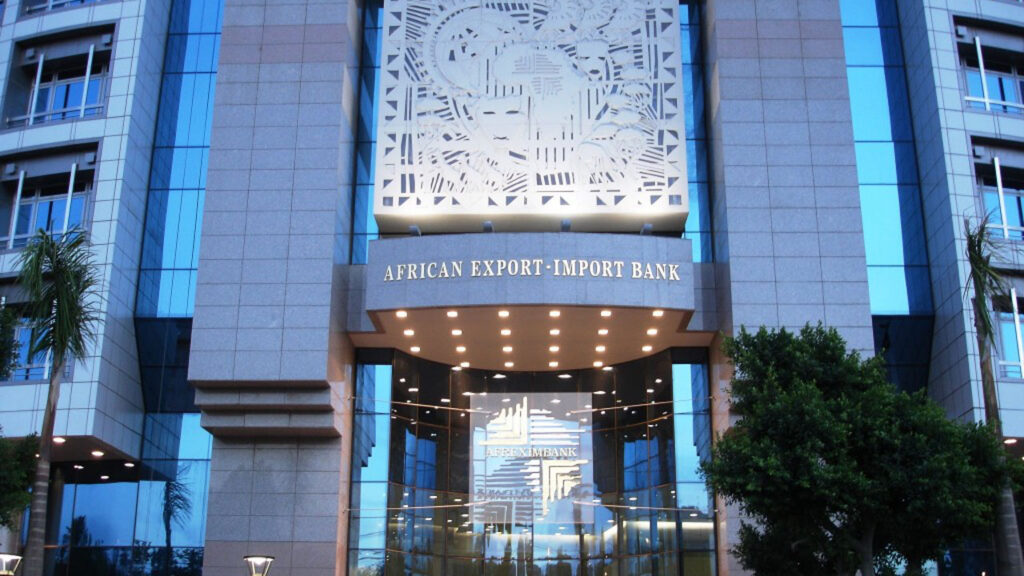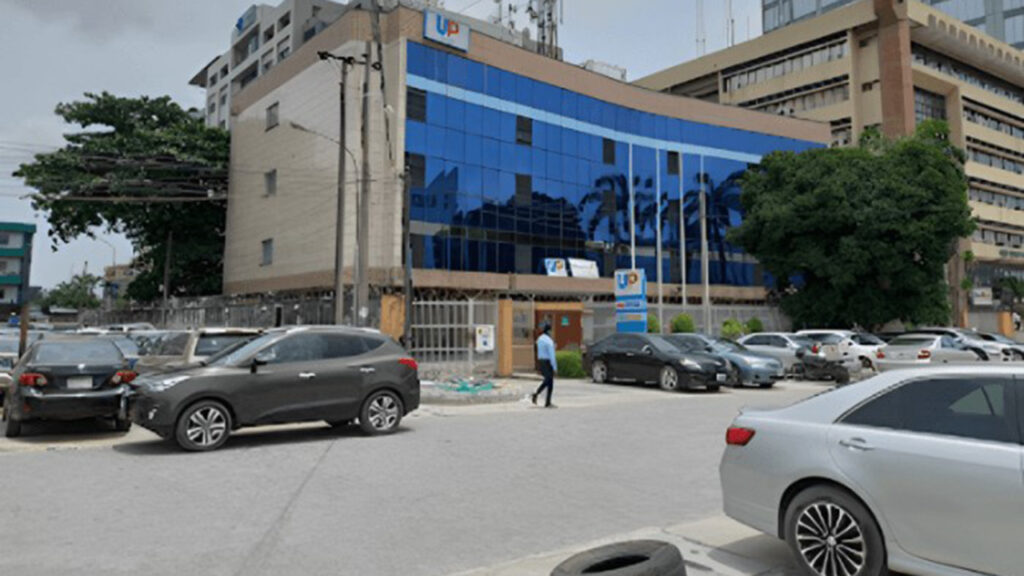
Experts say the overall impact of the proposed amendment to the Central Bank of Nigeria (CBN) Act of 2007 will depend on how the new authority exercises its power and ability to balance short-term political objectives with long-term economic gains.
Cowry Asset Management Research, in its market review and economic outlook, submitted that the amendment, which aims at enforcing stricter financial discipline and improved coordination between fiscal and monetary policies, is dependent on how the authority can balance political objectives with long-term economic growth.
According to the experts, the trade-off involves gaining greater governmental control and accountability at the cost of “diminished market confidence and reduced monetary policy effectiveness”.
They admitted that the potential advantages of the proposed amendment include improved coordination between fiscal and monetary policies, achieving a more unified economic strategy by establishing a coordinating committee, enabling more effective targeting of policies to address specific economic challenges and enhancing stricter financial discipline.
However, the experts argued that the establishment of a coordinating committee for monetary and fiscal policies to be chaired by the Minister of Finance as advocated by the lawmakers is likely to result in a politically-influenced central bank, which could lead to suboptimal policy decisions.
“There is a significant risk that fiscal priorities might overshadow crucial aspects such as price and exchange rate stability and overall economic stability. Historical precedents underscore the potential consequences of such a move.
“Historical examples from countries like Zimbabwe, Venezuela, Argentina and Turkey demonstrate that political interference in central bank operations can lead to severe economic instability, inflation and loss of market confidence.
“In Turkey, for example, the central bank’s independence was compromised for political reasons, contrary to economic recommendations, resulting in inflation soaring above 65 per cent according to recent data.
“Similarly, in Argentina, political interference in the central bank’s independence led to chronic inflation at a historic high in 2018, alongside steep currency devaluation and repeated economic crises,” they noted.
The experts aligned with the International Monetary Fund’s (IMF) position that financial autonomy should be safeguarded through among others, clear and enforced statutory limits on, no securitisation of, credit to government, enhancement of profit retention rules and prohibition of quasi-fiscal operations, with the CBN’ strict compliance with laws and regulations.
They also pointed out that the erosion of the CBN’s independence poses a significant risk to its credibility and effectiveness.
“Independent central banks are often viewed as guarantors of economic stability, and political interference could undermine market confidence, leading to increased volatility and potential capital flight,” the analysts noted.













